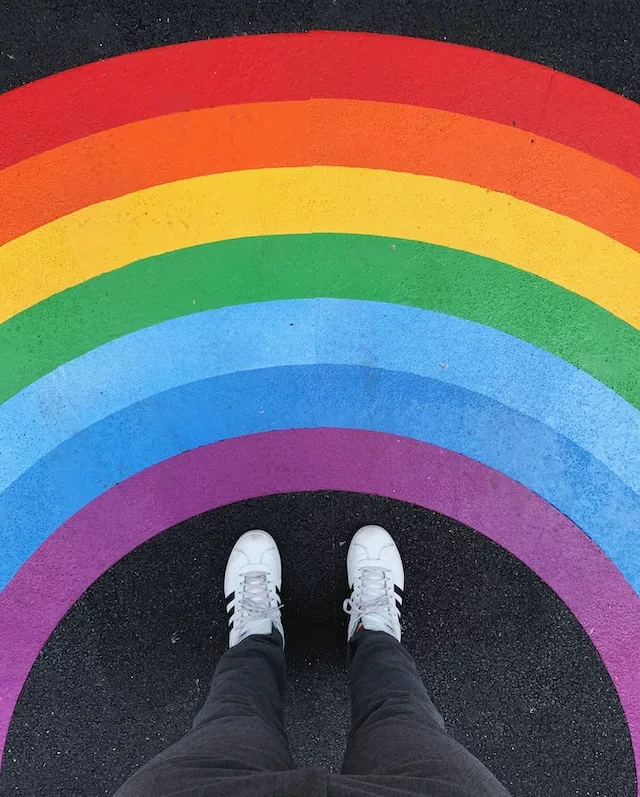Sexual orientation is a fundamental aspect of human identity, yet for many individuals, it can become a source of anxiety and stress. The complexities of societal expectations, self-acceptance, and potential discrimination can contribute to feelings of anxiety among individuals exploring or identifying with different sexual orientations. Understanding and addressing these concerns is crucial for mental well-being.
1. Societal Pressures and Expectations: Society often imposes rigid norms and expectations regarding sexual orientation, which can induce anxiety. Individuals may feel pressured to conform to societal standards, leading to a fear of judgment or rejection.
2. Self-Exploration and Acceptance: Exploring and understanding one’s sexual orientation is a personal journey. It’s essential to give oneself permission to explore feelings and identities without judgment. Self-acceptance plays a pivotal role in alleviating anxiety associated with sexual orientation.
3. Coming Out Anxiety: Coming out—revealing one’s sexual orientation to others—can be a daunting experience. Fear of rejection, discrimination, or strained relationships often contributes to anxiety. It’s essential to come out at a time and in a way that feels safe and comfortable.
4. Coping with Stigma and Discrimination: Discrimination and stigma against individuals based on their sexual orientation can significantly impact mental health. Coping strategies, including seeking supportive communities, advocating for equal rights, and accessing mental health resources, are crucial in managing anxiety stemming from societal attitudes.
5. Mental Health Support: Seeking professional help from therapists or counselors who specialize in LGBTQ+ issues can provide invaluable support. Therapy offers a safe space to explore concerns, develop coping mechanisms, and build resilience against anxiety related to sexual orientation.
6. Building Supportive Networks: Creating a supportive network of friends, family, or LGBTQ+ communities can be immensely beneficial. Connecting with individuals who share similar experiences fosters a sense of belonging and validation, reducing feelings of isolation and anxiety.
7. Education and Awareness: Educating oneself and others about different sexual orientations and the challenges individuals face can help combat ignorance and prejudice. Increased awareness often leads to more inclusive and accepting environments, reducing anxiety for individuals within those spaces.
8. Self-Care and Stress Management: Practicing self-care techniques such as mindfulness, exercise, healthy eating, and engaging in hobbies or activities can help manage anxiety. Developing coping mechanisms for stress helps in maintaining mental well-being.
9. Embracing Individuality: Embracing one’s unique sexual orientation as a part of their identity rather than seeing it as a source of anxiety is empowering. Celebrating individuality and diversity contributes to a positive self-image and reduces the impact of societal pressures.
10. Advocacy and Support for LGBTQ+ Rights: Active participation in advocacy and support for LGBTQ+ rights can empower individuals and communities. Contributing to creating more inclusive spaces and advocating for equal rights can alleviate anxiety by fostering a sense of empowerment and belonging.
Navigating anxiety in the context of sexual orientation is a multifaceted journey. Recognizing the challenges and seeking support from various resources—be it communities, therapy, education, or advocacy—can significantly contribute to managing anxiety and fostering a more accepting and inclusive society.

